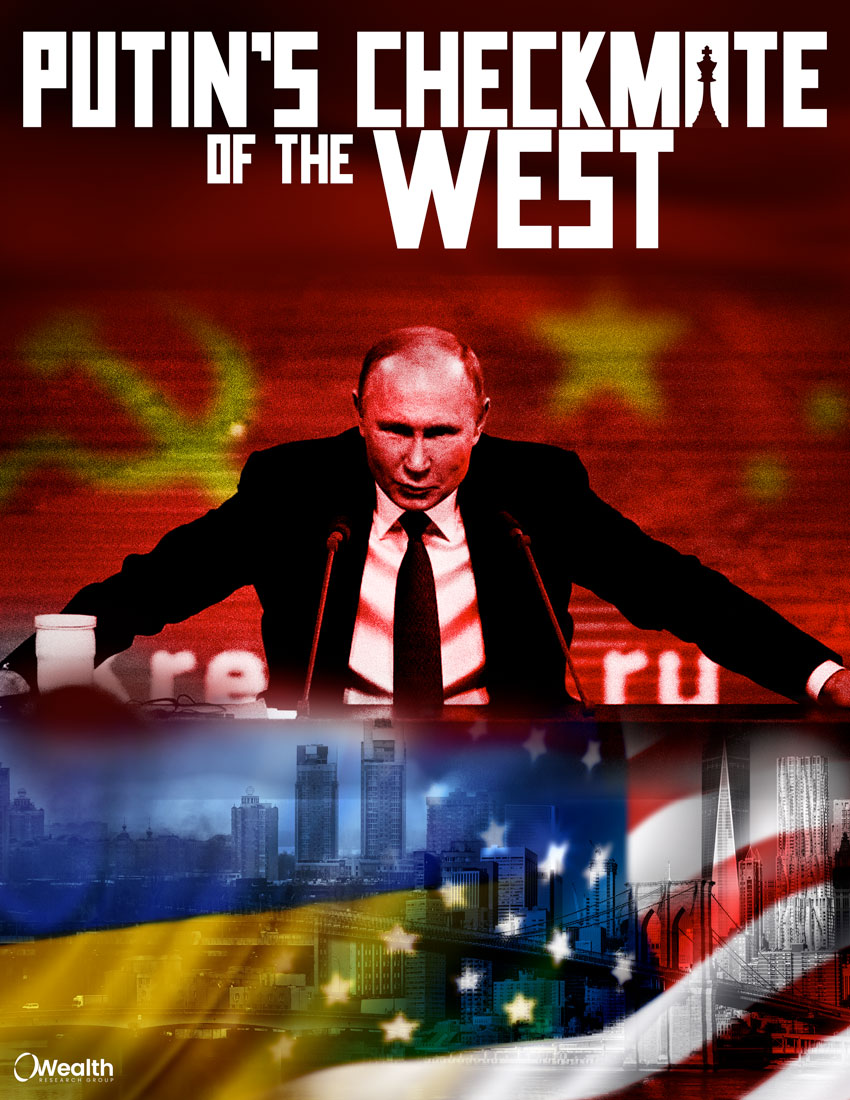Unveiling the Multi-Billion Dollar Stakes in the Eastern Mediterranean
Gaza, a name often synonymous with conflict and despair, hides beneath its war-torn exterior a treasure trove of natural resources, particularly natural gas and oil. Experts estimate that the occupied Palestinian territory, including Area C of the West Bank and the Mediterranean coast off the Gaza Strip, sits atop approximately 1.4 trillion cubic feet of natural gas. This untapped wealth represents not just an economic opportunity but a nexus of geopolitical tensions and strategic calculations.
The story begins in 1999 when the Palestinian authorities, recognizing the potential beneath their feet, inked a deal with British Gas. Success followed swiftly with the discovery of two wells, Gaza Marine One and Two, promising a multi-billion-dollar boon. The prospect of exporting this gas was a glimmer of economic hope for the Palestinian people, with leaders like President Arafat keen on leveraging this resource.
However, the region’s volatile politics soon overshadowed these aspirations. In 2007, the political landscape in Gaza shifted dramatically with Hamas’ rise to power. This change triggered a series of events, including an Israeli offensive that resulted in significant casualties and altered control over these prized gas fields. Subsequently, Israel announced the discovery of the Leviathan natural gas field, incorporating Gaza’s gas reserves, now valued at a staggering $453 billion.
The implications of these developments are profound. For Gazans, the promise of economic upliftment from these resources has remained elusive, with estimates suggesting a loss of around $47 billion in potential revenue. Meanwhile, Israel has positioned itself to become a pivotal player in the global energy market. A memorandum of understanding to export Israeli natural gas to Europe marks a historic shift, catapulting the nation into a significant role in the global energy dynamics.
The regional context further amplifies the significance of these developments. In 2022, the landscape of global energy supply underwent massive disruptions. Russian oil and gas faced sanctions, Iranian oil similarly was sanctioned, and Syrian oil fields became a point of contention involving U.S. forces. Israel’s discovery and planned exploitation of the gas fields emerge as a strategic answer to Europe’s energy woes, bolstered by the U.S. Congress’s declaration of Israeli energy as a matter of national security for Washington.
The potential for a sea-level canal across Israel, connecting the Mediterranean with the Gulf of Aqaba, adds another layer to this geopolitical puzzle. This canal, envisioned as an alternative to the strategic Suez Canal, underscores the region’s significance in global trade and energy routes. The idea, though reminiscent of Cold War-era nuclear excavation proposals, speaks to the enduring strategic importance of these transit routes.
The recent distribution of 12 new licenses for natural gas exploration by Tel Aviv, including plans to further tap into Gaza’s marine resources, highlights the ongoing scramble for control over these vital energy supplies. The strategic positioning of foreign bases by Israel and other global powers like China, in regions like the Red Sea, reflects the larger geopolitical chess game at play, where control over energy resources and trade routes remains a key objective.
In this complex web of interests and conflicts, one must always question “qui bono” – who benefits? While the prospect of war and its immediate human toll are undeniably tragic, the underlying economic and strategic interests often drive the actions of regional and global powers. In this context, Gaza’s gas reserves are not just an economic asset but a pivotal piece in a larger geopolitical game, where the stakes are high, and the players are many.
Must watch videos on the RTD Blog!!!
- The Price of Dysfunction: U.S. Shutdown & Global Backlash | James Turk Reveals All
- Cracks In The Banking System Could Have Been Avoided w/ Craig Alford
- Mega BRICS+ Bloc: The Ignored Summit That Could Change The World w/ Chris Devonshire-Ellis










0 Comments